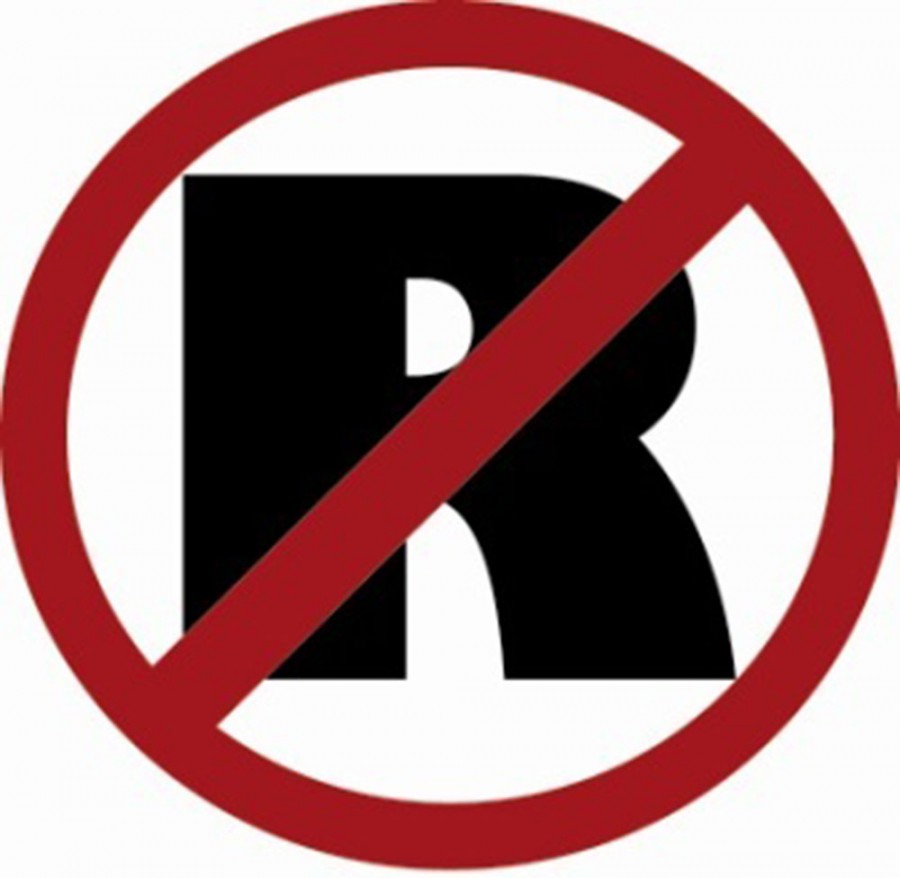More than “R”
February 26, 2016
The first Wednesday of every March marks the national day of awareness for Spread the Word to End the Word—a day dedicated to encouraging people to refrain from using the “R-word” (retarded) in colloquial speech. In recent years, there has been a widespread push to retire this word, including legislation entitled Rosa’s law that was passed in 2010 to remove the “R-word” from federal health, education and labor policy.
Unfortunately, the majority of people regularly utilize this negatively-charged word with no consideration of its repercussions or the affect it may have on an individual with a disability. Many claim that when using this word they are not referring to a person with a disability, therefore making it acceptable. However, what they do not realize is that, regardless of the context, this word is demeaning and painful.
People with disabilities are born with an uphill battle ahead of them. As high school students, they go through every day aware that they are “different” from the general education population, and, despite living in a progressive society, they still face discrimination. I would like to take the time to share with the LT community that the students in the special education program are incredible, and they deserve your respect and friendship.
Through Best Buddies (a club at LT that provides students with intellectual or developmental disabilities a one-to-one friendship with students in the general education program) I have been blessed with the opportunity to get to know many people with disabilities in the LT community. Not only are they some of the most fun-loving people I know, but they also are compassionate, kind, humorous, thoughtful, loyal, talented and much, much more. They are not retarded. There is nothing about them that suggests they can be characterized by that word, and there is no reason people should treat people with disabilities as anything other than a person.
At a school like LT, we are extremely privileged to have a student body and staff that is supportive and accepting of our fellow community members. We are notorious for our incredible student section at sporting events, and our fine arts department is phenomenal. We pride ourselves on the strength of LT spirit, and many of us tend to maintain contact of some capacity with the LT community even once we move on to the next phase of our lives.
As a student body, we need to put in a stronger effort to extend this spirit of community to students with disabilities. By eradicating the usage of the “R-word” from the LT vocabulary, we can prove to students with disabilities that they are as much a part of the LT community as anyone else. If you have not taken the time to get to know one of your classmates who has a disability, I encourage you to do so. The strength of friendship you will form is unparalleled, and the impact they will have on your life and you on theirs is remarkable. Once you truly get to know someone with a disability, you will understand what I am trying to articulate: they are not “R”.
So, to whoever is still reading this column, I challenge you to remove the “R-word” from your vocabulary and share this message with everyone you know. Although it may be difficult to do so, please try to at least be cognizant of the impact of your speech, because you never know who you may be hurting with one word.

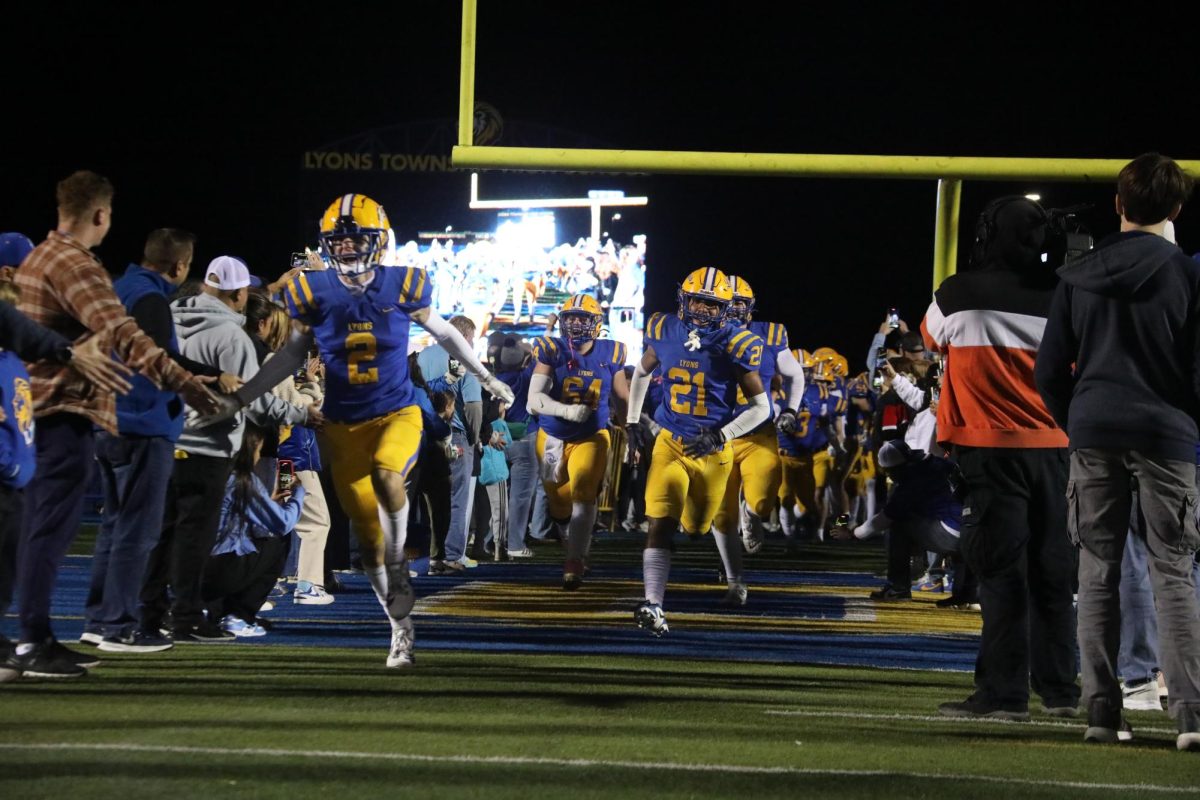
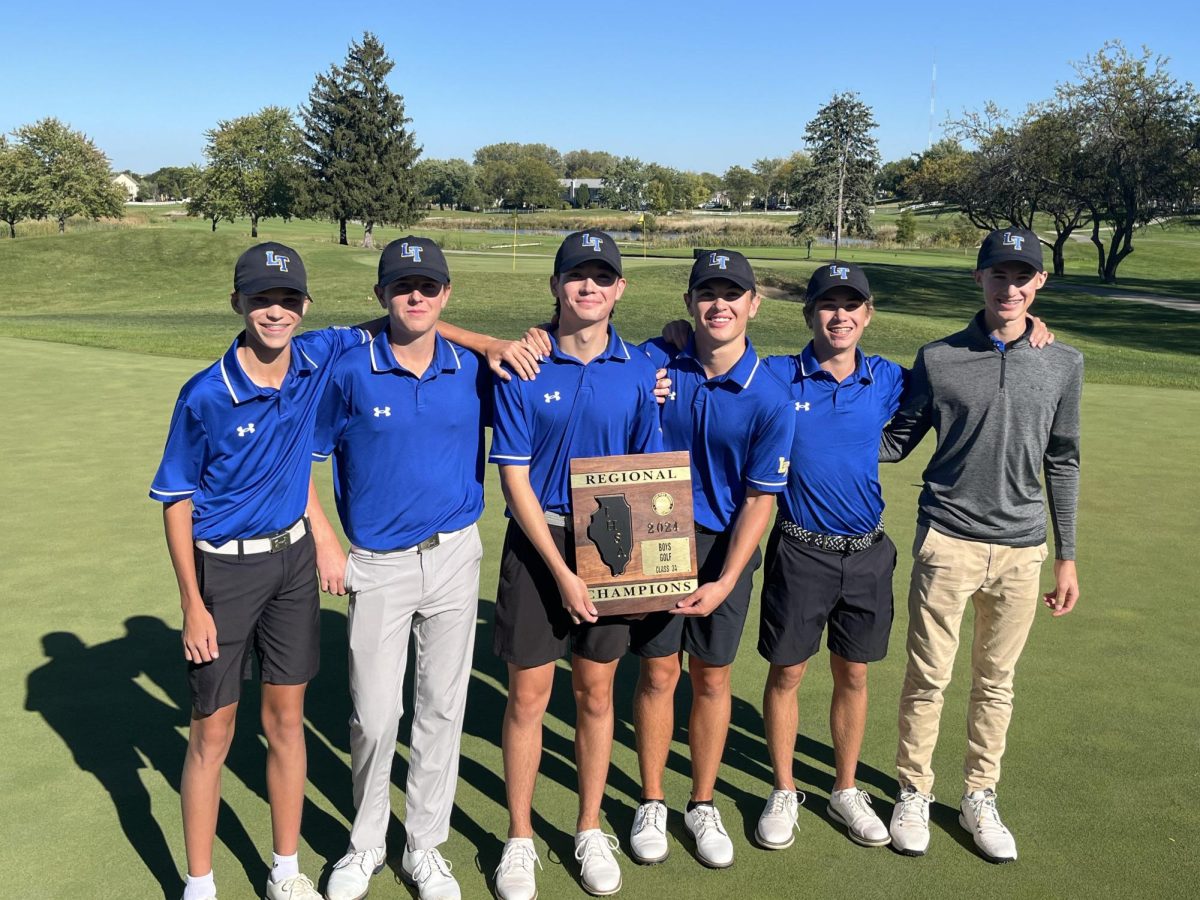
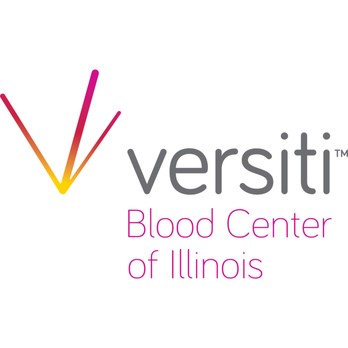
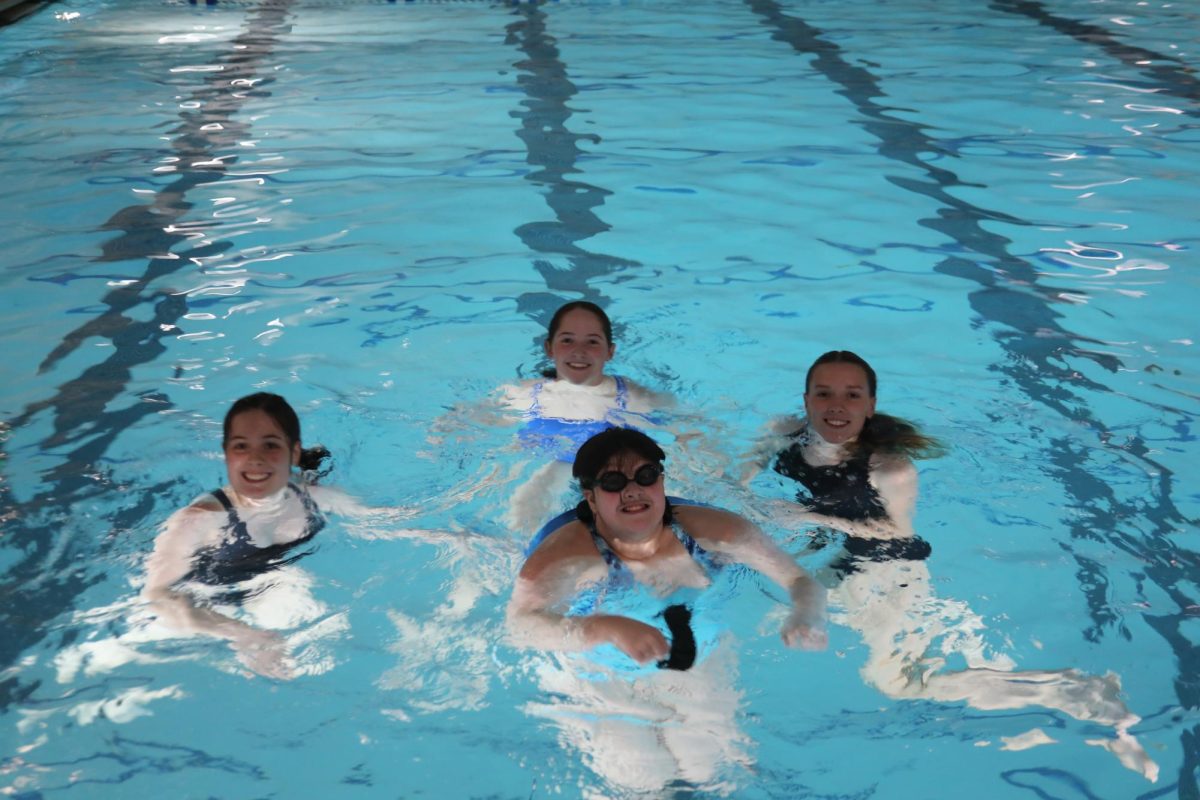
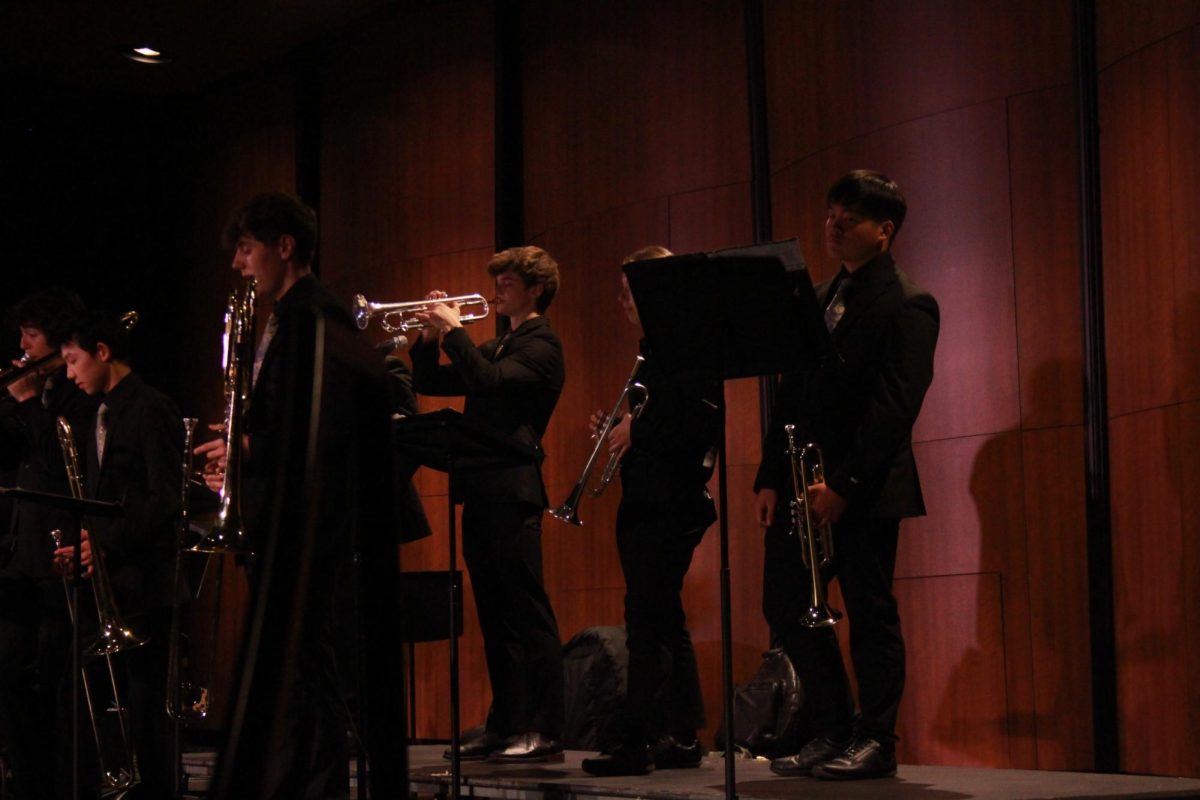
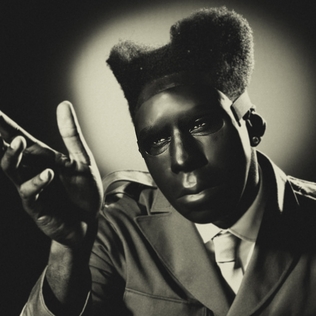
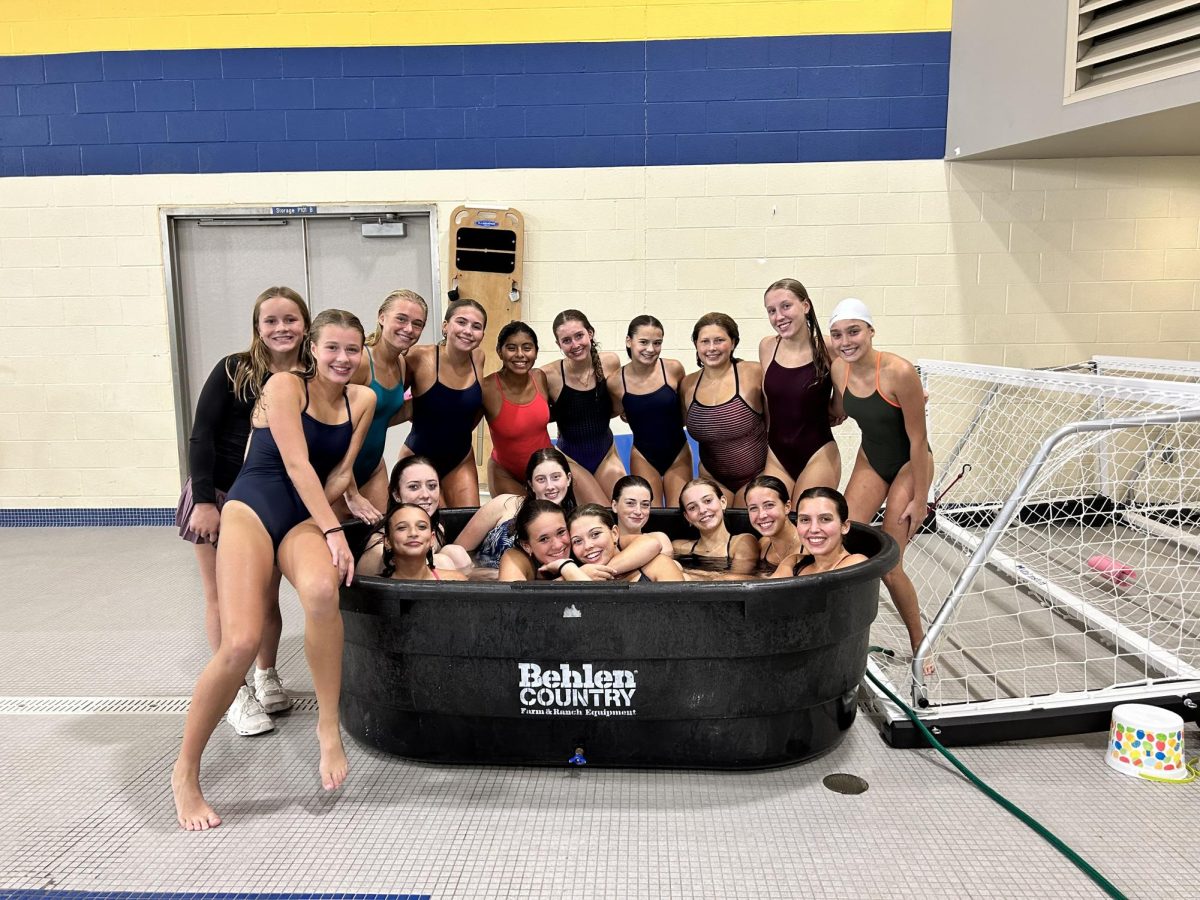
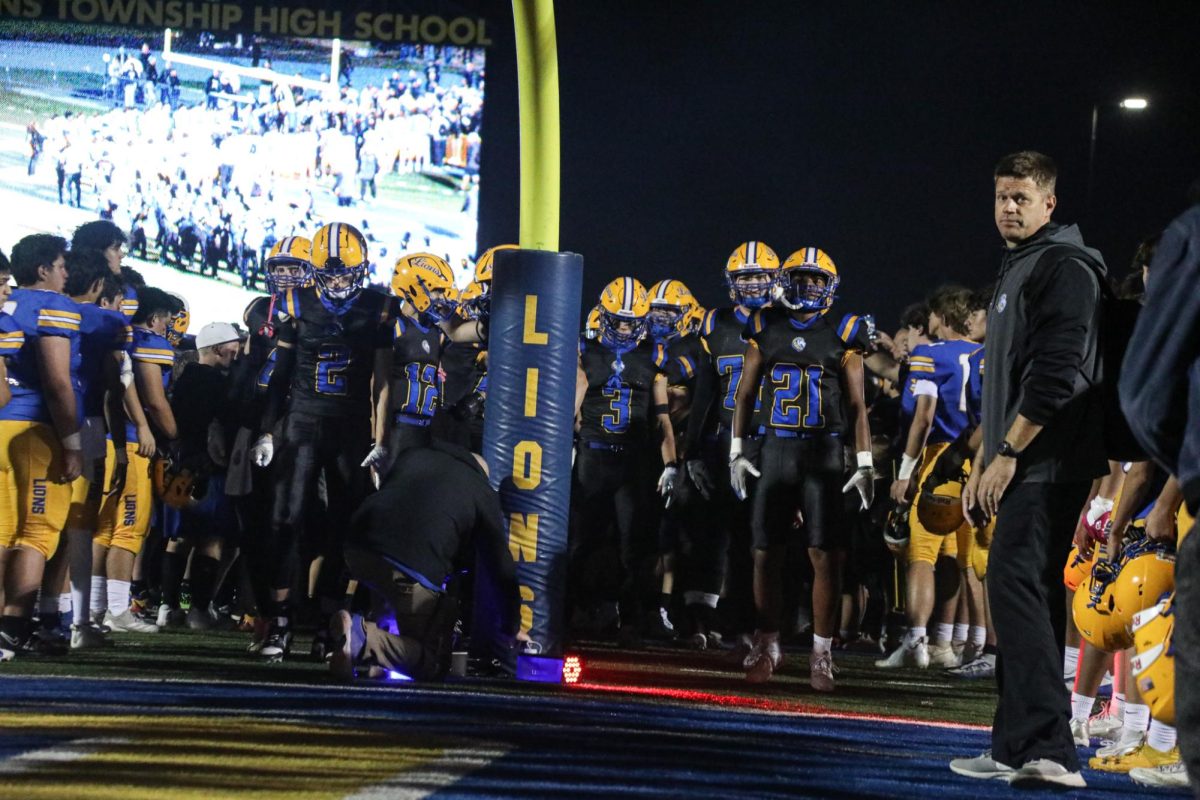




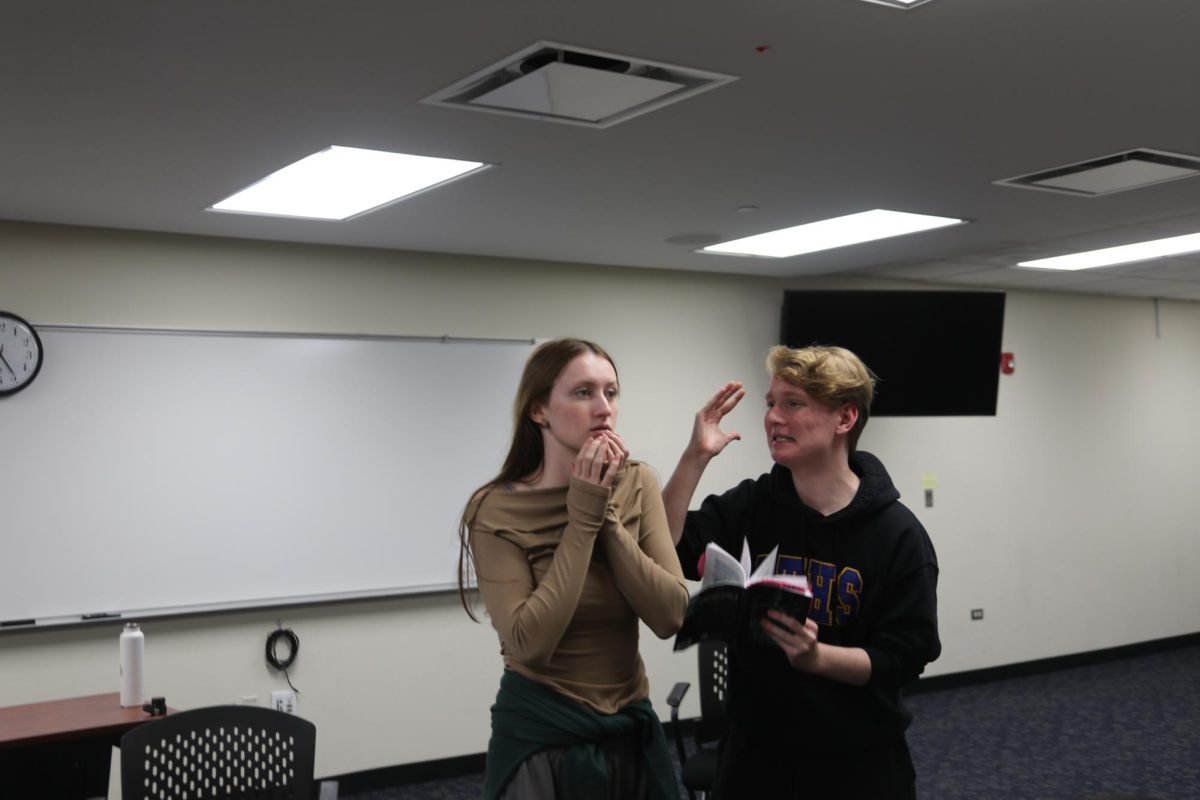

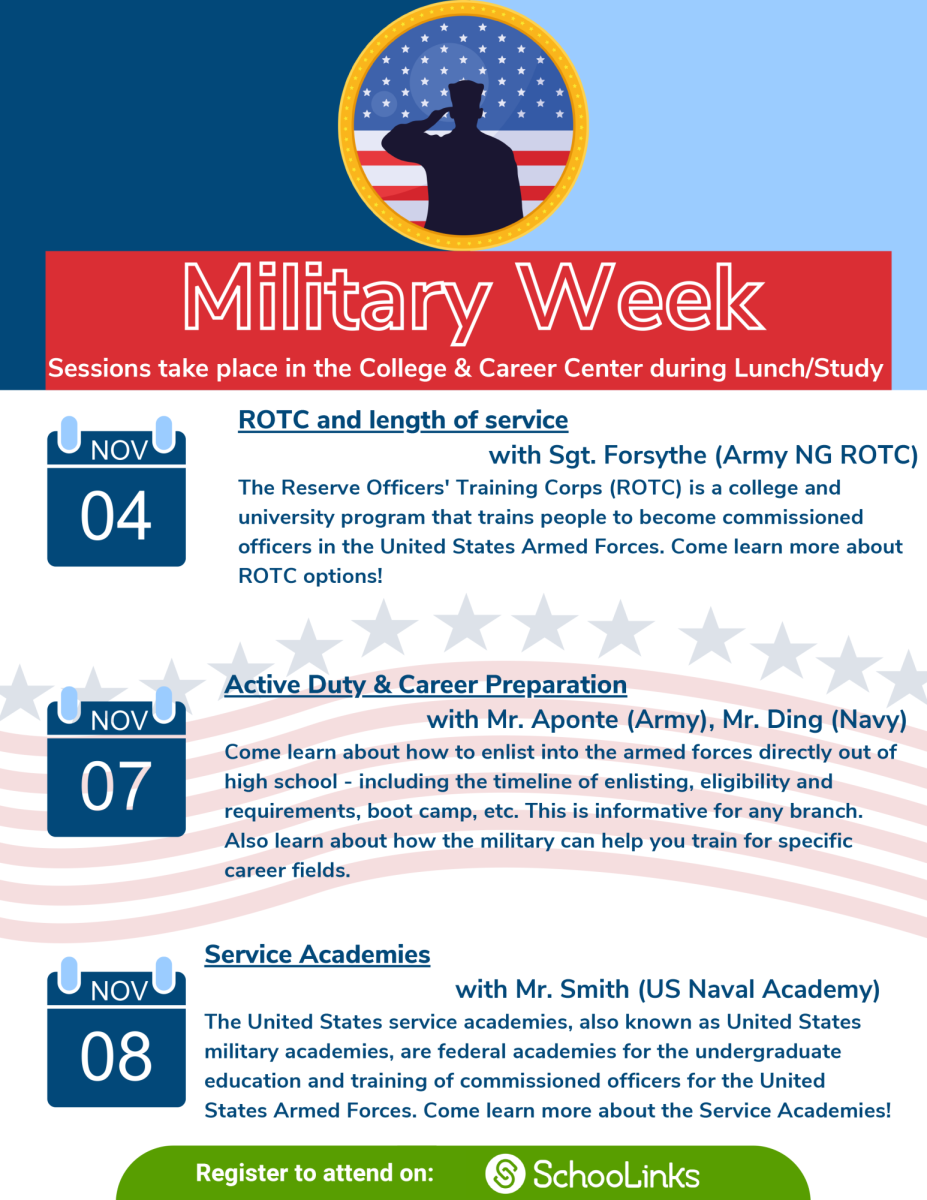


![Movie poster for '[Rec]" (2007).](https://www.lionnewspaper.com/wp-content/uploads/2023/04/rec-640x900.jpg)

